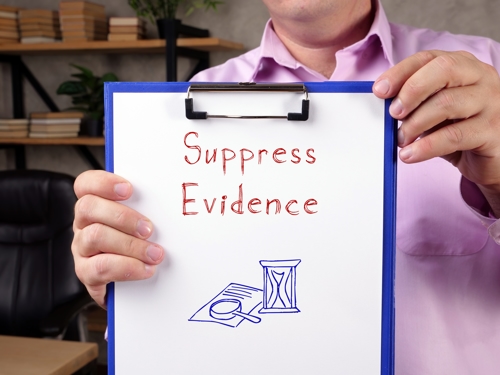
In People v K., the Appellate Division, Second Department, addressed the suppression of physical evidence—specifically, a firearm—found in a vehicle where the defendant, N.K, was a passenger. The case arose from an indictment charging K. with criminal possession of a weapon in the second degree, among other offenses. The central issue on appeal was whether K had standing to challenge the search of the vehicle and the seizure of the gun.
Initially, the Queens County Supreme Court granted K's motion to suppress the firearm, concluding that the search violated his rights. Upon the People’s motion for reargument, the court reaffirmed its original decision. However, the Appellate Division reversed that determination, holding that K. lacked standing to contest the search.
The AD2 emphasized that a passenger who does not own or possess the vehicle has no legitimate expectation of privacy in its interior. This principle, drawn from precedent such as People v Bell and People v Desir, means that unless the prosecution relies on a statutory presumption of possession—such as Penal Law § 265.15(3)—a passenger cannot challenge the search. In K.’s case, the prosecution did not invoke the statutory presumption but instead relied on the direct observations of a police detective. The detective testified that during a lawful traffic stop, he saw K. reach between his legs and place something under the seat. After K. exited the vehicle, the detective observed the barrel of a gun in plain view beneath the front passenger seat.
Because the gun was discovered through direct observation and not through a presumption of possession, and because K. had no ownership interest in the vehicle, the court concluded he lacked standing to suppress the evidence. Furthermore, the legality of the traffic stop itself was not contested on appeal and had been deemed lawful by the lower court—a finding that could not be reviewed under the applicable procedural rules.
The court also addressed K.’s constitutional challenge under the Supreme Court’s decision in New York State Rifle & Pistol Association v Bruen. It found that this argument was unpreserved for appellate review because it had not been raised in the lower court. Even if it had been, the Appellate Division noted that Bruen did not affect the constitutionality of New York’s criminal possession statutes, citing People v Manners.
Ultimately, the AD2 vacated the suppression order and remitted the case for further proceedings, reinforcing the principle that Fourth Amendment protections do not extend to passengers without a possessory interest in a vehicle, absent reliance on statutory presumptions.
I guess they just suppressed his optimism ....
# # #
DECISION
